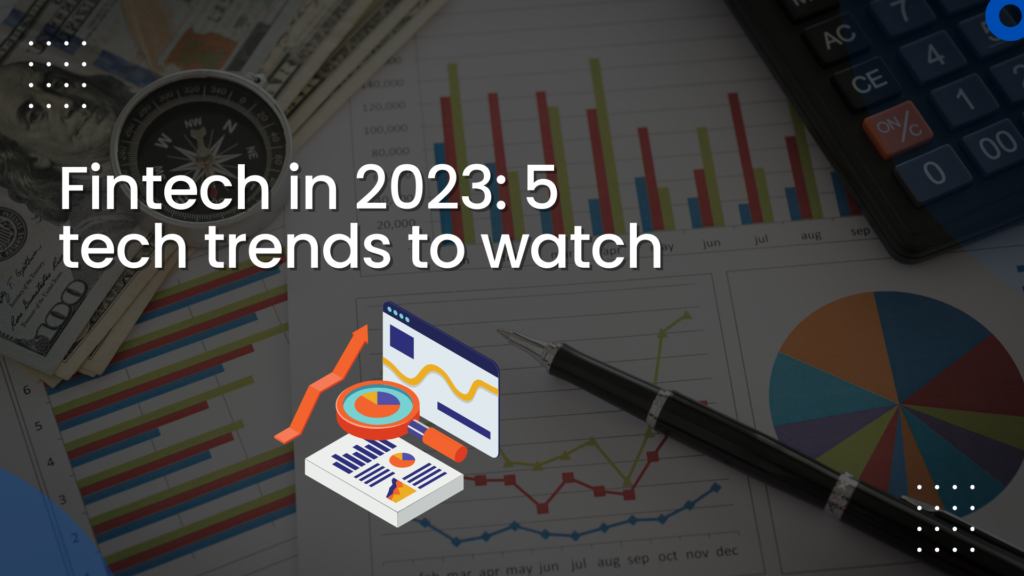India was acknowledged as one of the first leaders to increase the exposure of the nation’s fintech industry globally in a recent report by Bain & Co.

The report also claims that the surge in smartphone use in India, which is anticipated to surpass 1.1 billion units by FY26, may increase the net worth of fintech services there by 3.5 times in only four years, from $100 billion to $350 billion. According to experts, digital transformation significantly improved customer experiences, strengthened value offerings, increased profits, and expanded product offerings to a variety of applications.
The market anticipates integration between sales and services because Gen Z customers are heavily affected by online shopping and e-commerce, frequently using the “Buy Now Pay Later” option. The fastest-growing eCommerce online payment method in India is “Buy Now Pay Later,” which will account for 9% of the country’s entire eCommerce market share by 2024, according to the Global Payments Report by Worldpay from FIS. So much so that a lot of businesses have modified their business models to accommodate this new trend and are coming up with plans to satisfy young consumers’ demand for BNPL.
There is a need to introduce transparency, customer experience, and a predictive strategy that might drive the new age of banking and the financial products offered, keeping in mind Gen Z and the impact of social platforms. The personalised financial solutions that Neobanks provide are valued by India’s young working population, which is what makes this sector so enticing. According to an intriguing poll of C-suite executives (CXO), the top three fintech concerns that company executives are most hopeful about for the short to medium term are neo-banking, consumer financing, and fintech infrastructure (for Banking as a Service).
Because they grew up with it, today’s youth are considerably more at ease with digital technology. They are more comfortable switching from the web to mobile apps immediately. This also holds true for their requirements for financial services, including lending, investing, and many other things. Taking that into account, businesses are now developing a lending infrastructure to meet their needs and provide answers for their urgent financial problems. Numerous ‘Buy Now Pay Later’ items, including those in the health and education technologies, are also included in these services, making them more affordable and upgradeable.
As a result, Fintech creates a safe and straightforward payment method for everyone. These 5 technological advancements will define the fintech industry in 2023:
Artificial intelligence (AI), which is used by banks and other financial organisations, is a new trend in fintech. Due to its ability to spot trends in fraudulent behaviour and stop fraud from occurring, fintech organisations can stop fraudulent transactions. On the one hand, AI technology has the potential to expedite procedures and offer greater convenience.
Fintech industries, however, may become a target for cybercriminals given the challenging circumstances of today, when online fraud is on the rise. AI and ML are supported by an underwriting model that helps to limit the amount of defaulting consumers who are automatically accepted in order to stop these fraudulent activities.
In addition to assisting brand-new clients who lack a credit history in maintaining correct scorecards, these technologies also help to produce newer variables and data points that support the development of ever-more complex models that enhance risk prediction or automate procedures.
In addition to advancing the usage of data outside of the specified list of mainstream lending practices, this improves the effectiveness of security measures. Future market trends can therefore be predicted more promptly and accurately.
The fintech industry portrays the choices, preferences, and needs of potential clients to the next level, taking personalisation to a new level. The idea of hyper-personalization works well with AI when the process is run using the customer’s data.
Using consumer data from past experiences, reviews, purchases, and even clicks, AI assists in creating patterns and drawing conclusions that are subsequently used by enterprises. Consumers increasingly anticipate that their fintech providers will meet their needs and provide pertinent product and service recommendations, just like any other retailer.
This personalisation uses data and analytics to anticipate customer requests instead of focusing on the next best product available, giving it to customers when they need it. By attracting new consumers and fostering existing ones, this may help to enhance customer trust.
Today’s mobile banking applications strive to cover a wide range of financial goods. Super applications are clearly the new trend at this point, and one-stop shops are satisfying these customers’ needs.
Globally, the tendency has changed people’s lifestyles to favour digital banking and financial services. The aggregators, which are these mega apps, are constantly creating online experiences and linking consumers to the market. By offering and extending an existing environment for digital banking and financial services, this is resolving issues.
Due to the voice being the most natural form of communication and one of the most difficult modalities to replicate, voice help can reduce fraud. Voice assistants with artificial intelligence (AI) capabilities can handle payments, card activations, password resets, and establish payment reminders for users, freeing up customer service representatives to focus on more challenging client enquiries.
The FinTech movement is gaining momentum quickly, and it is projected that in 2023 it will continue to flourish in the banking and payments industries. The fintech sector and its accompanying advancements may yet have a significant impact on the company. With the help of these new developments, Fintech will enable consumers to have a safer and simpler banking experience.